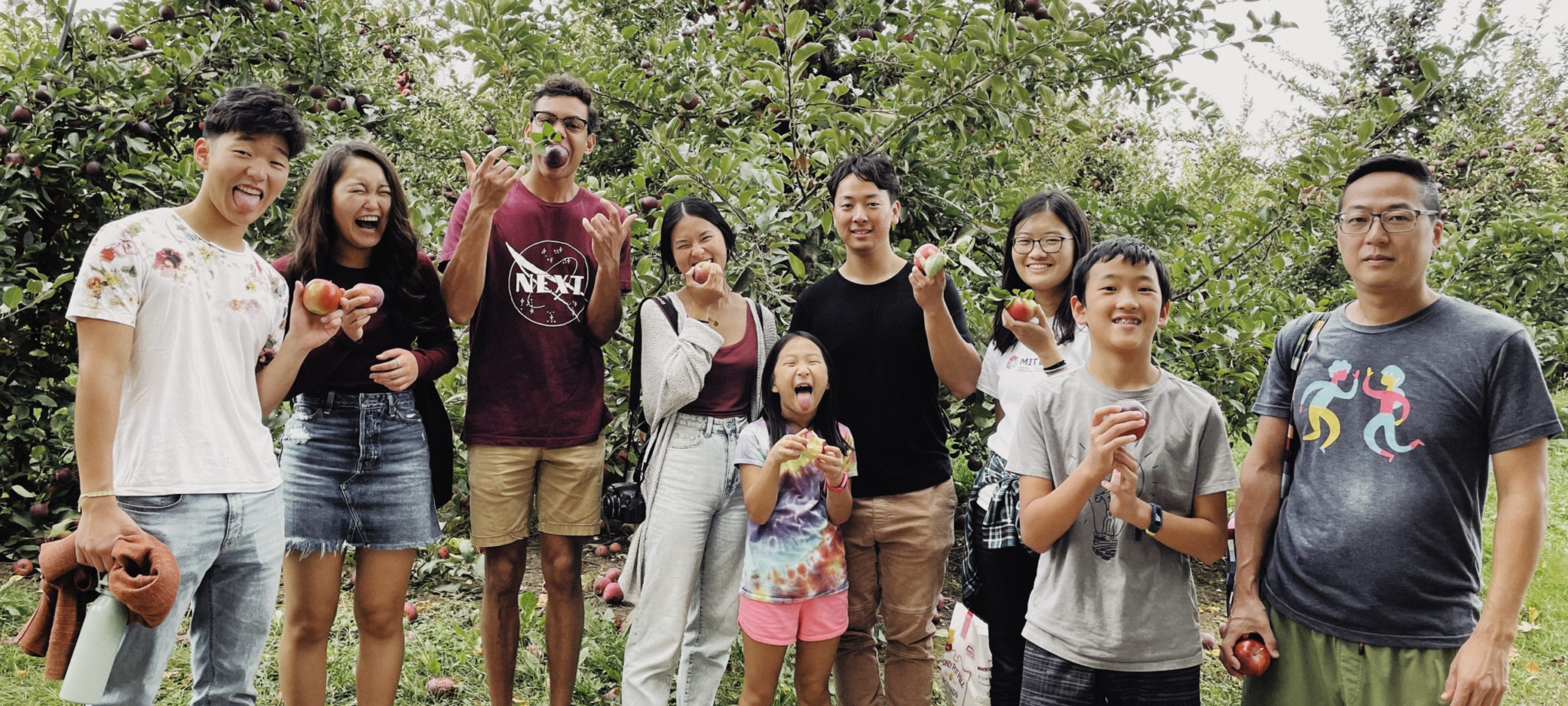Kelley Long is an RUF intern at MIT. Kelley graduated from Washington University in St. Louis in 2021 with a degree in Psychology. She enjoys jamming to worship songs, going on nature walks, watching foreign films, trying new recipes, daydreaming about her future travel endeavors and getting herself lost in a good book.
Recently, one of my students said to me casually in one of our conversations, “you know, back in Kenya, people thought you were so cool if you had braces. And you were even cooler if you had braces and glasses at the same time”. (I don’t remember what we were talking about, but somehow this topic was related to our conversation). That idea was incredulous to me because my thoughts immediately flashed back to my middle school years and how NOT cool it was to have either, let alone both at the same time. She continued to tell me how it’s cool because it signified wealth; if someone had braces and glasses, it showed that their family could afford such expensive corrective gadgets.
As I replayed this conversation in my head, a thought dawned on me.
When thinking about meeting with students, I used to have the mindset that they would have to be the ones to first enter into our world (the world of RUF or, of Christ-followers) so that we could talk about the Gospel together. However, with that mindset, we would not only be asking students to be the ones to come to us and enter into our familiar territory, but we’d also be asking them to talk on our terms. I’m realizing now that this mindset is actually backwards; it shouldn’t be about them entering into our space but about us entering into theirs.
Christ didn’t come so that we could meet him where he’s at [we could never meet his standard of perfection]. He came so that he could be the one to enter into our world and identify as one of us so that he could love us fully and best.
The love of Christ looked like him descending from the comforts of his throne above so that he could meet us in our hopelessness and offer us our undeserved forgiveness. It’s never been about us trying to reach God in his holiness, rather, it’s about God meeting us in our brokenness so that he could make reparations for our sins and clothe us in his righteousness. He is the one who entered into our world and learned our ways so that his love may wield its greatest power.
With the Gospel as the example, I’m seeing that the privilege of working in full-time ministry is not only so that I can encourage students to come to RUF and hear the Gospel. While that is important, the privilege is also in the fact that I get to enter into the individual worlds of students like Esther, listen to their stories, catch a glimpse of the culture that has shaped their worldview, and learn what inspires them— all for the purpose of being able to empathize with and love them better. This way, there is also no wasted conversation in the kingdom of God because every conversation is part of the bigger picture of getting to know the life of another person.
Even something as simple as talking about braces can be a crack in the door to understanding my student’s worldview (which is different from mine), and how next time I can encourage her with related truths such as how as Christ-followers, we don’t have to be “cool” to be accepted and loved by him.
This type of relationship building takes patience and humility, but it is a reflection of the Gospel of Christ— he entered into our world so that we may be brought into his world of belongingness and love. What a wonderful example of a Savior and Friend we have.
